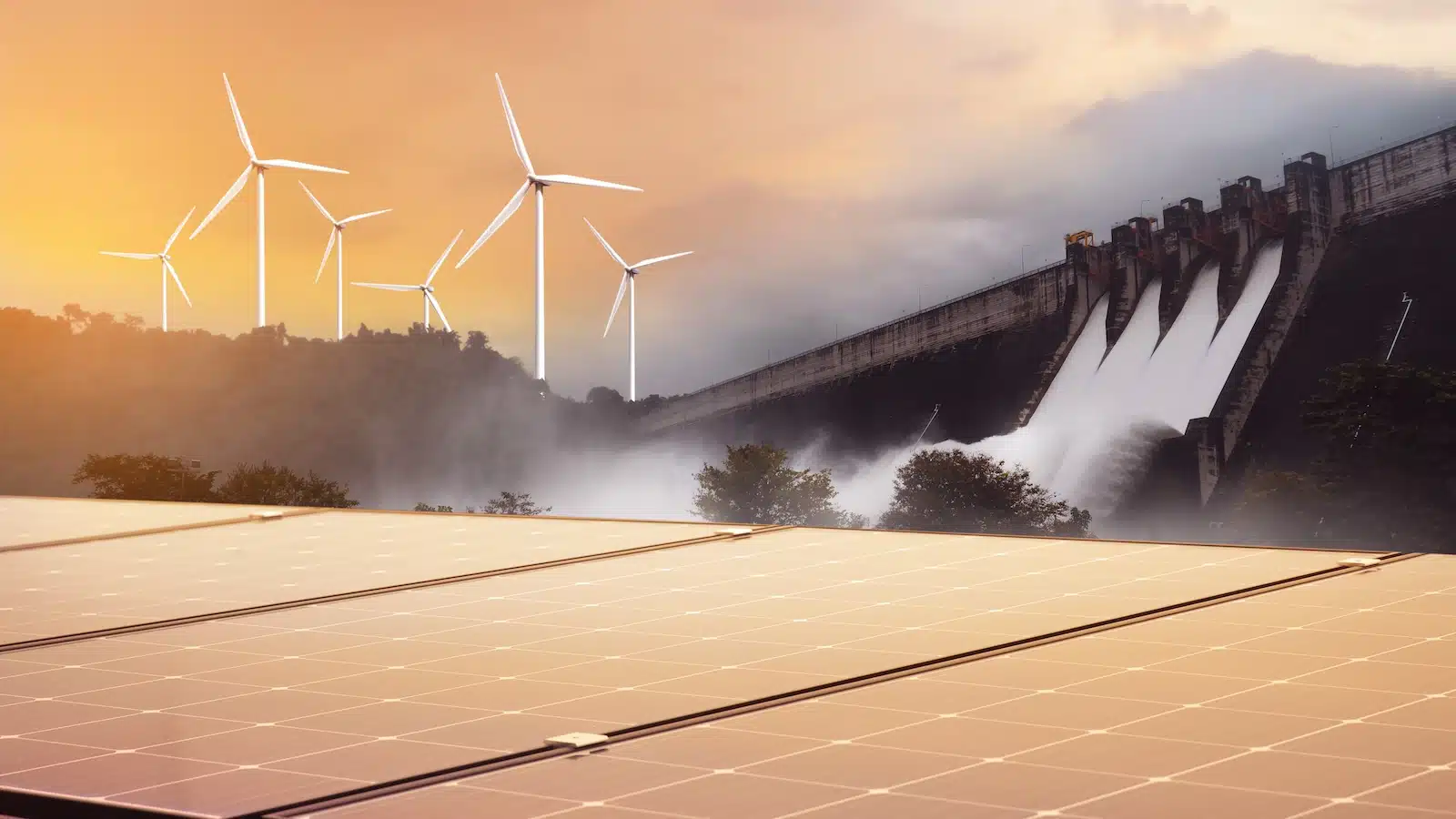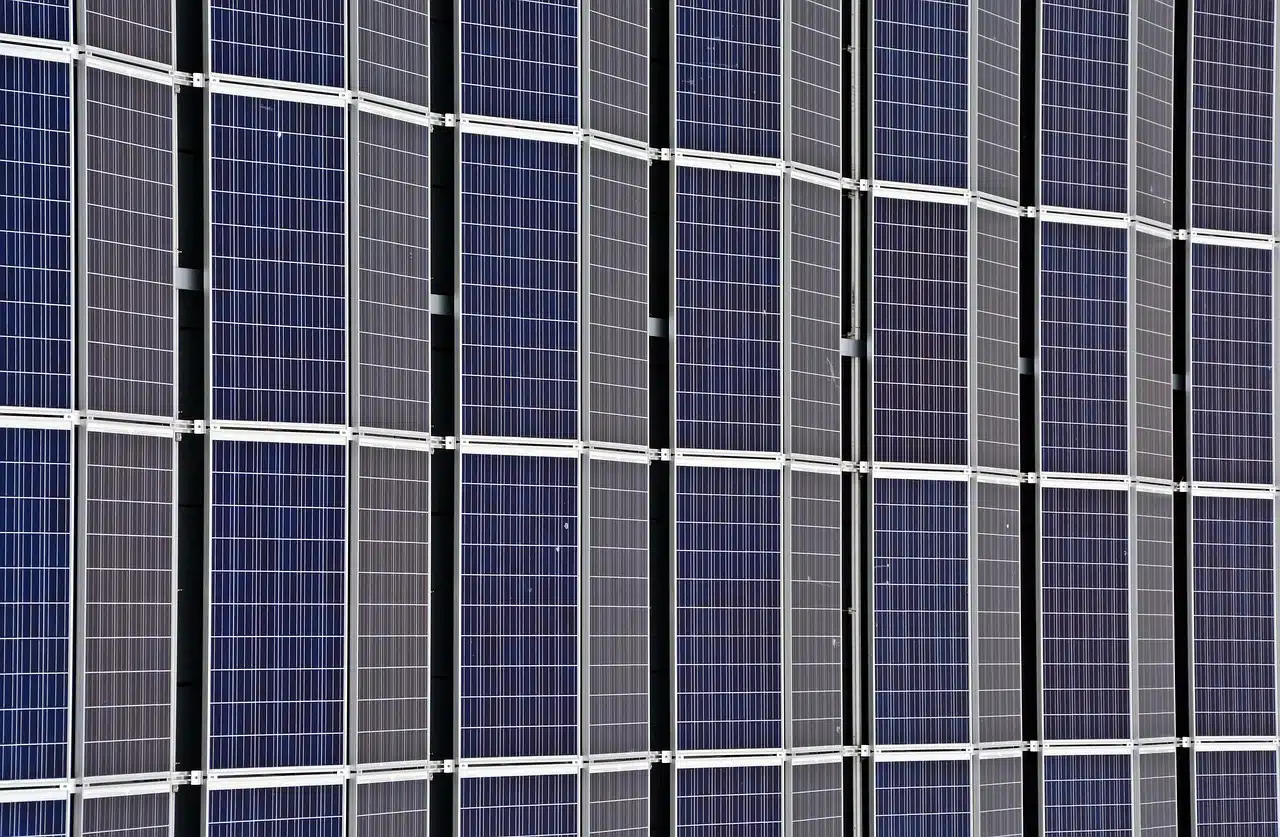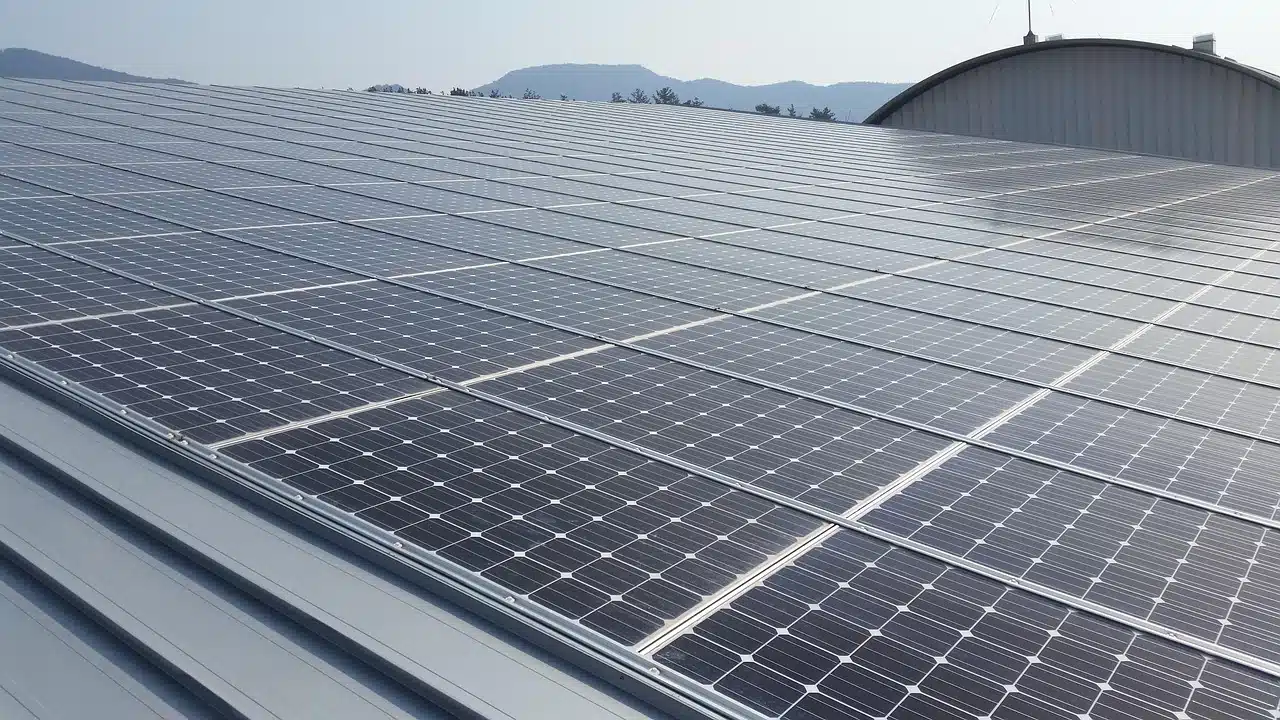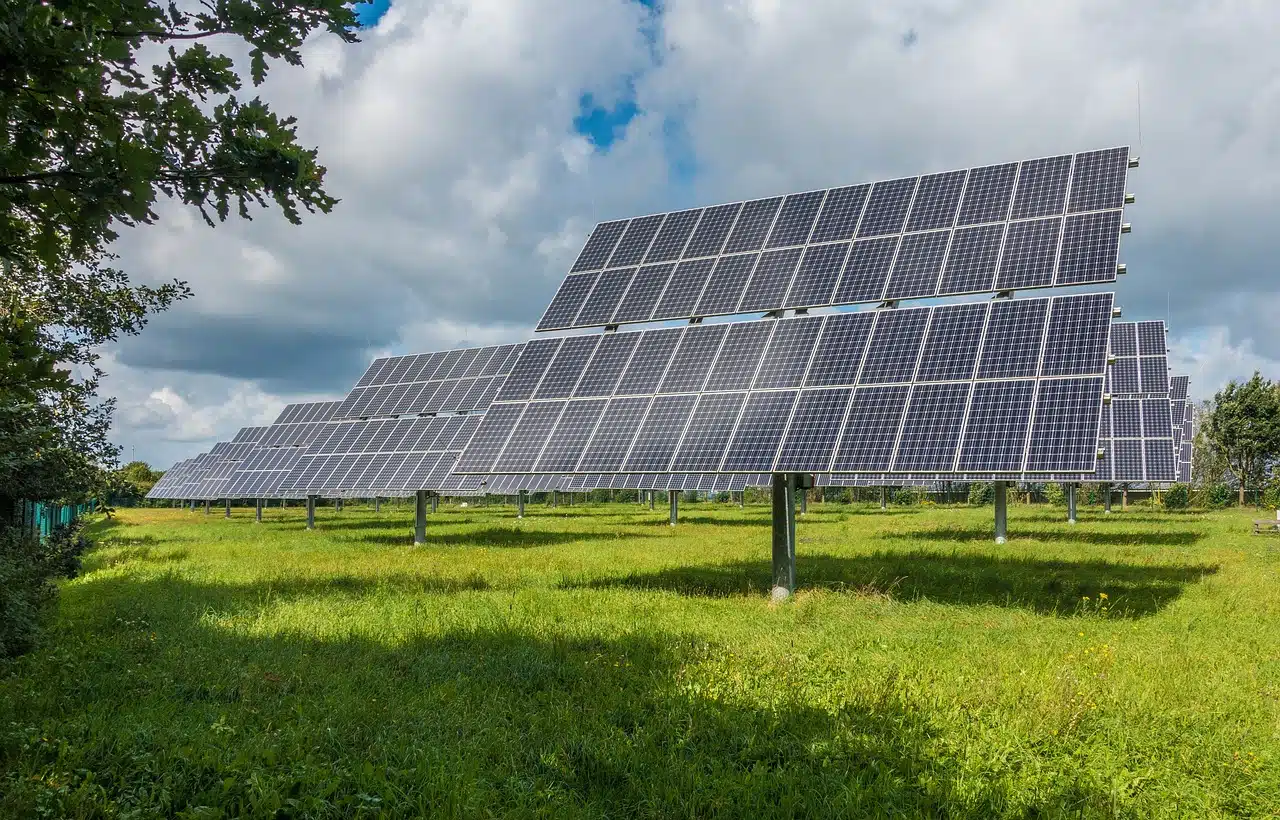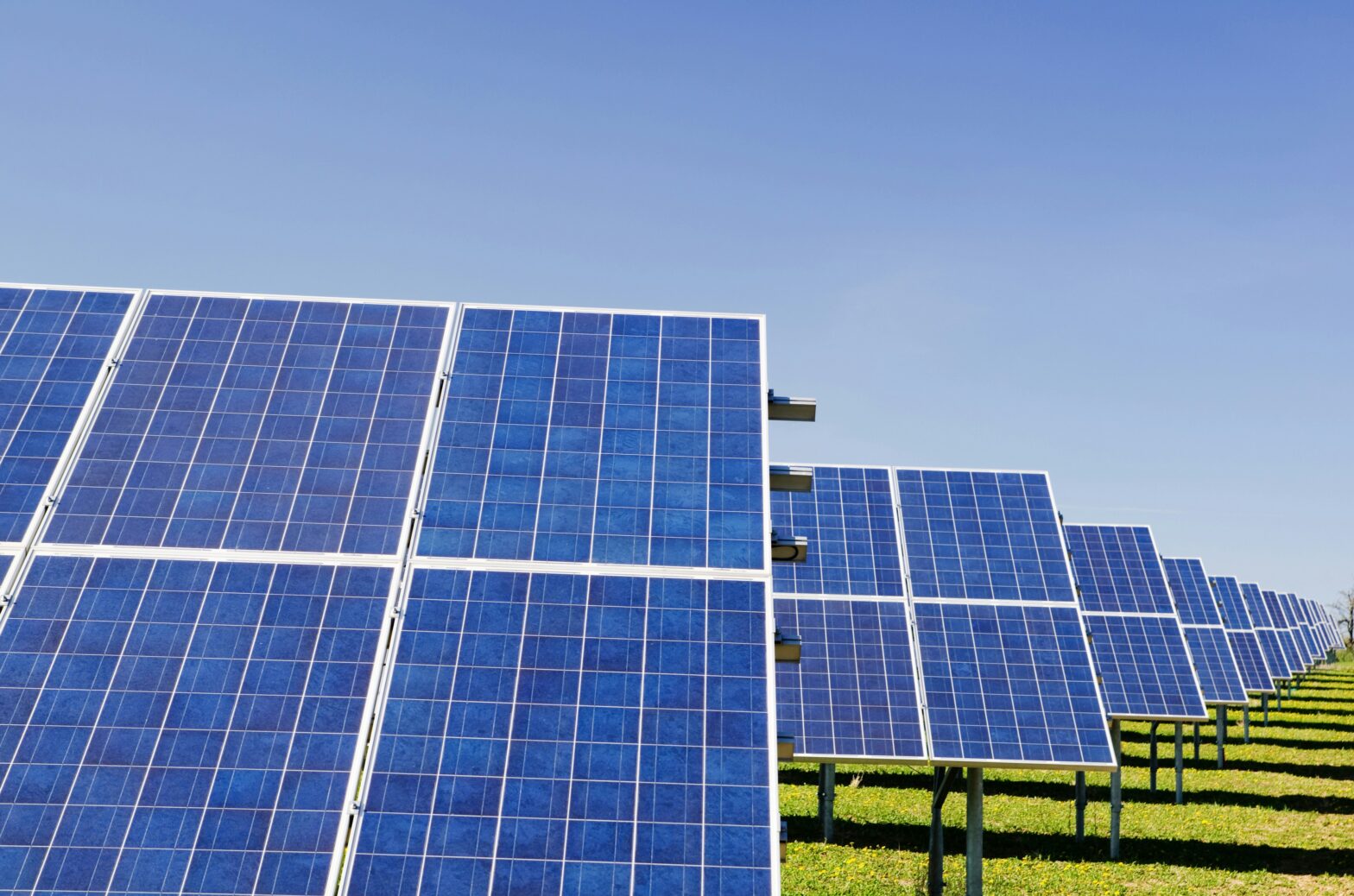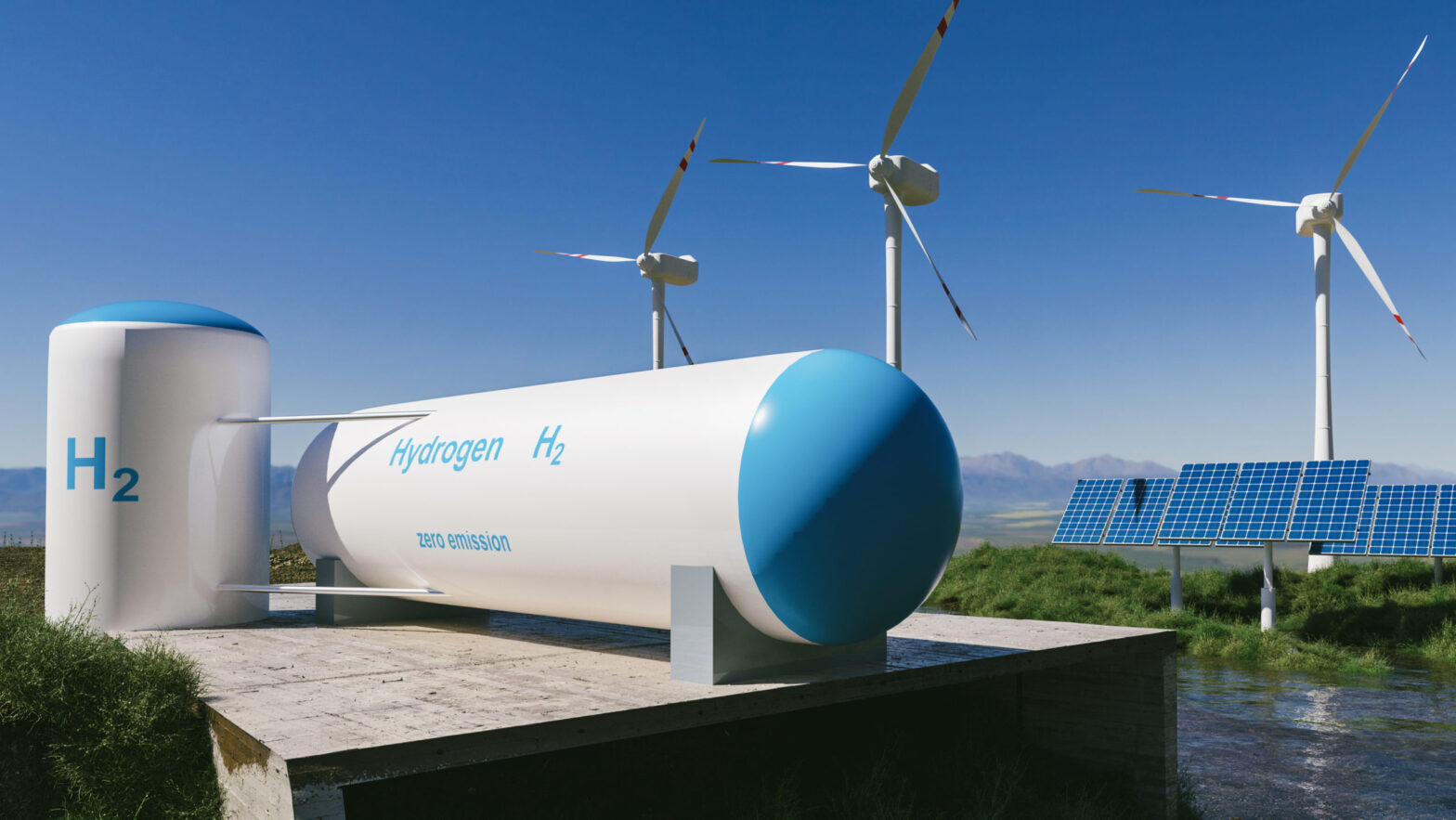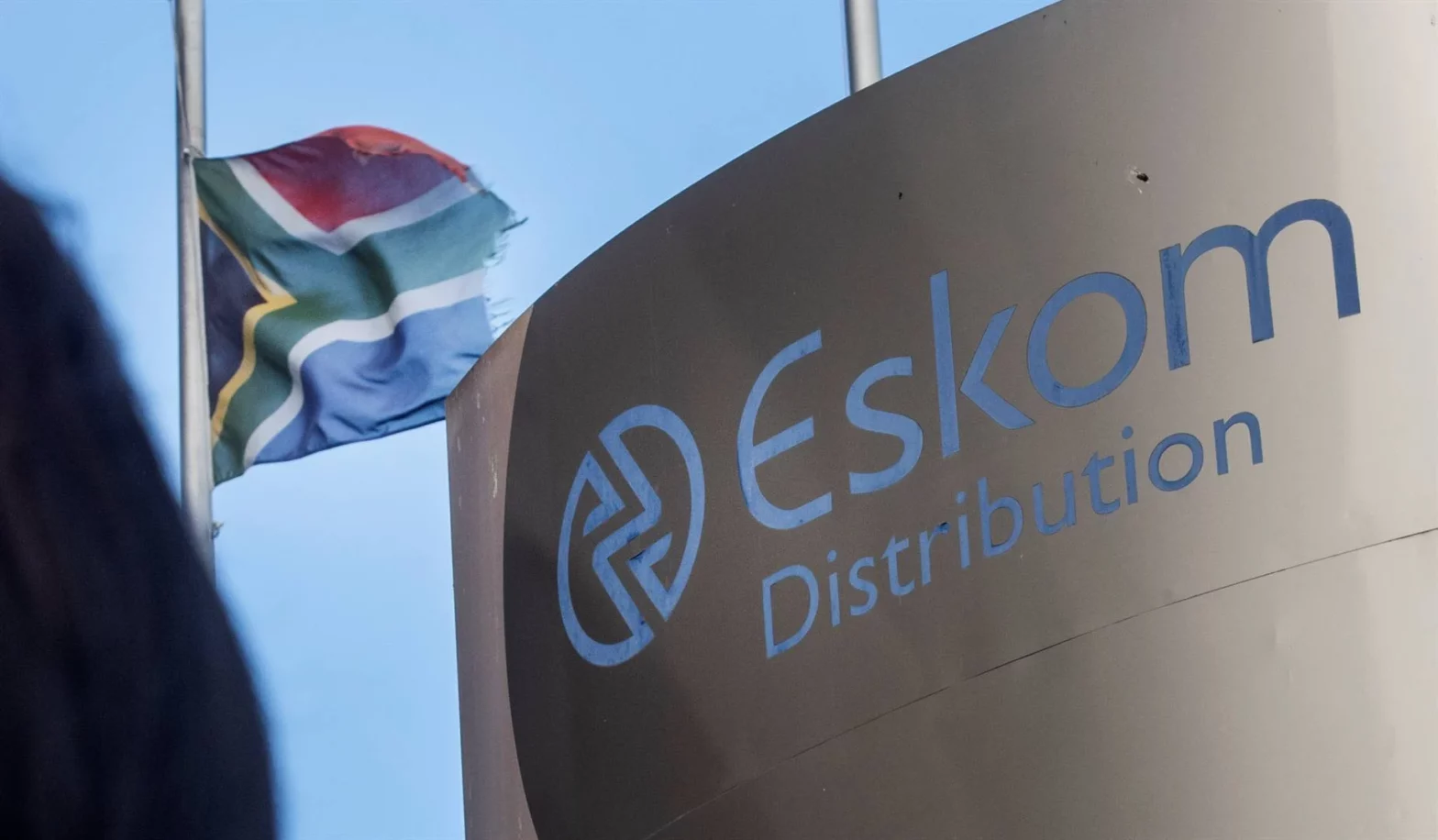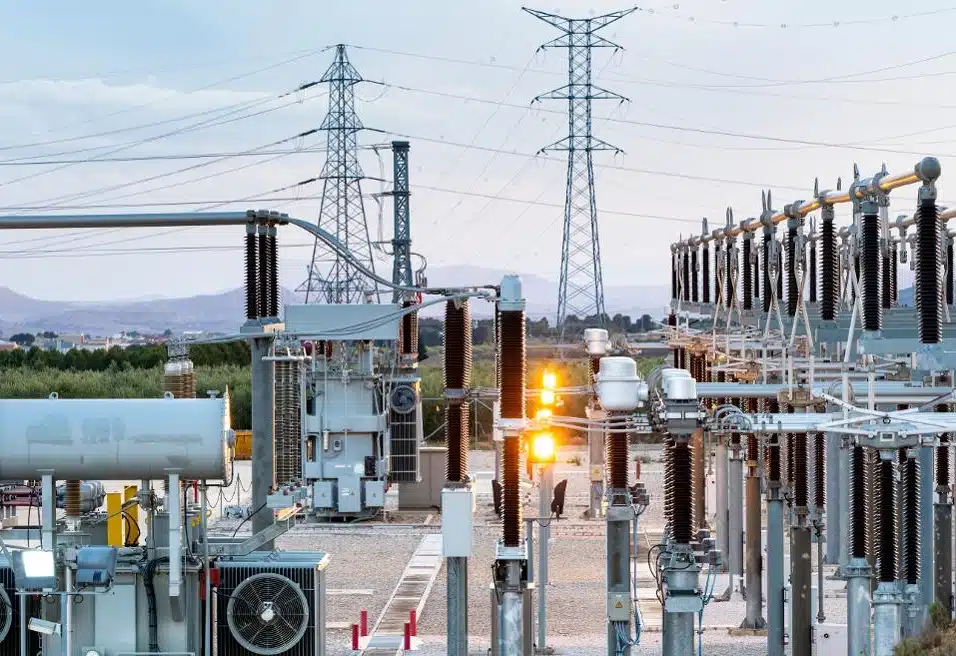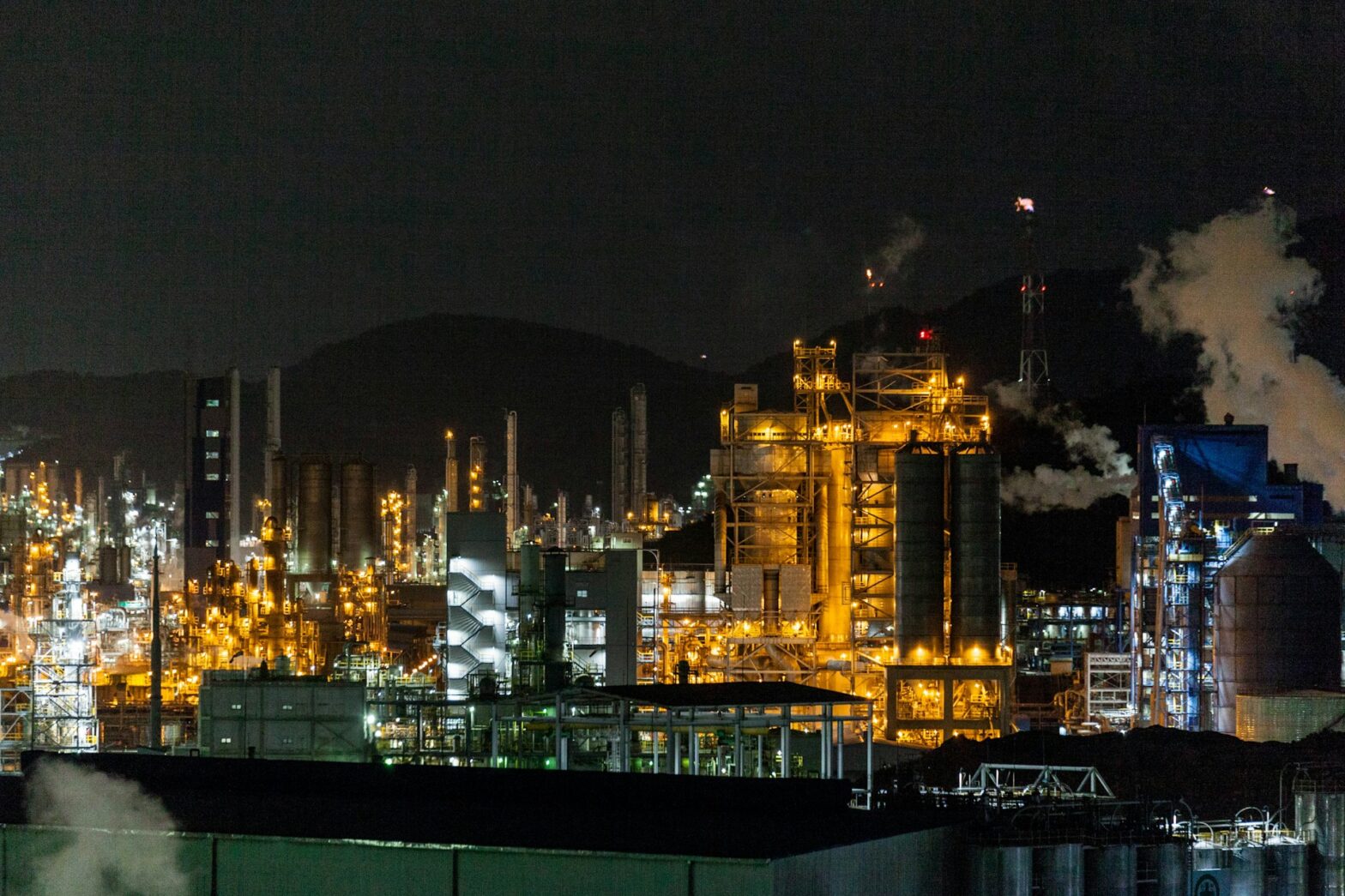A great percentage of African nations have released ambitious plans to increase energy access with a focus on the clean energy transition as a means to that end.
To finance the continent’s ambitious clean energy goals, there is a need for sustainable financing options, and several players have stepped into the mix to provide the much-needed funding.
Global energy investment is set to increase in 2025 to a record $3.3 trillion, with clean energy technologies attracting twice as much capital as fossil fuels, the International Energy Agency’s World Energy Investment 2025 report says.
In the African region, however, the spending pattern is quite uneven, as it accounts for just 2% of clean energy investment. It represents the struggle of African nations to mobilise funding sources for its clean energy projects.
There have, however, been some gains. The report notes that over the last decade, energy investment in Africa moved from $17 billion to $40 billion. Here are the biggest funders that have taken a bet on Africa’s clean energy potential.
Private Sector
Private equity and venture capital are the primary sources of capital for small-scale energy businesses. Over the past decade, 40% of the private investment into early and growth-stage energy access start-ups has been provided by dedicated venture capital firms.
The data shows that private equity players have moved from investing in large, high-risk deals to decentralised solutions.
According to IEA data, venture capitalists and private equity have invested in decentralised energy solutions and industrial solar projects between 2015 and 2024. The data shows that clean energy investment by the private sector clean energy investment rising from approximately $17 billion in 2019 to almost $40 billion in 2024.
Venture capital and private equity firms have also moved towards investing in electric vehicles (EVs), where spending reached almost $70 million in 2023. This spending has also been targeted at commercial and industrial solar companies which are considered to be more profitable and come with less investment risk.
Chinese Development Finance Institutions (DFIs)
Development finance institutions from China have largely shaped Africa’s energy infrastructure through robust financing funds. Figures from the IEA put Chinese DFI investment in Africa at $28 billion in 2015. However, it has fallen from $28 billion in 2015 to $20 billion in 2024. This was largely due to a reduction in spending by Chinese DFIs, which declined by over 85% between 2015 and 2021.
DFIs have been particularly instrumental in funding projects in nascent markets, using new technologies in areas that are not commercially viable like sub-Saharan Africa.
Commercial financiers
Commercial financiers include commercial banks and family office investment funds. This group has collectively financed approximately 50% to 100% of decentralised energy solutions between 2015 and 2024. They account for the largest investors in Africa’s clean energy infrastructure. Data from the IEA shows commercial players invested north of $60 billion in low emissions power and grids & and storage facilities in 2024.
Public Finance
Public finance is one of the key sources of finance for clean energy projects in Africa. Between 2015 and 2024, public finance has been under $30 billion, IEA data.
With this funding deficiency, it has, however, paved the way for private and commercial players to take the lead on clean energy financing in the African sub-region.
Public finance covers grid expansion and strengthening, electricity storage facilities, low-emission power sources and clean fuels.

